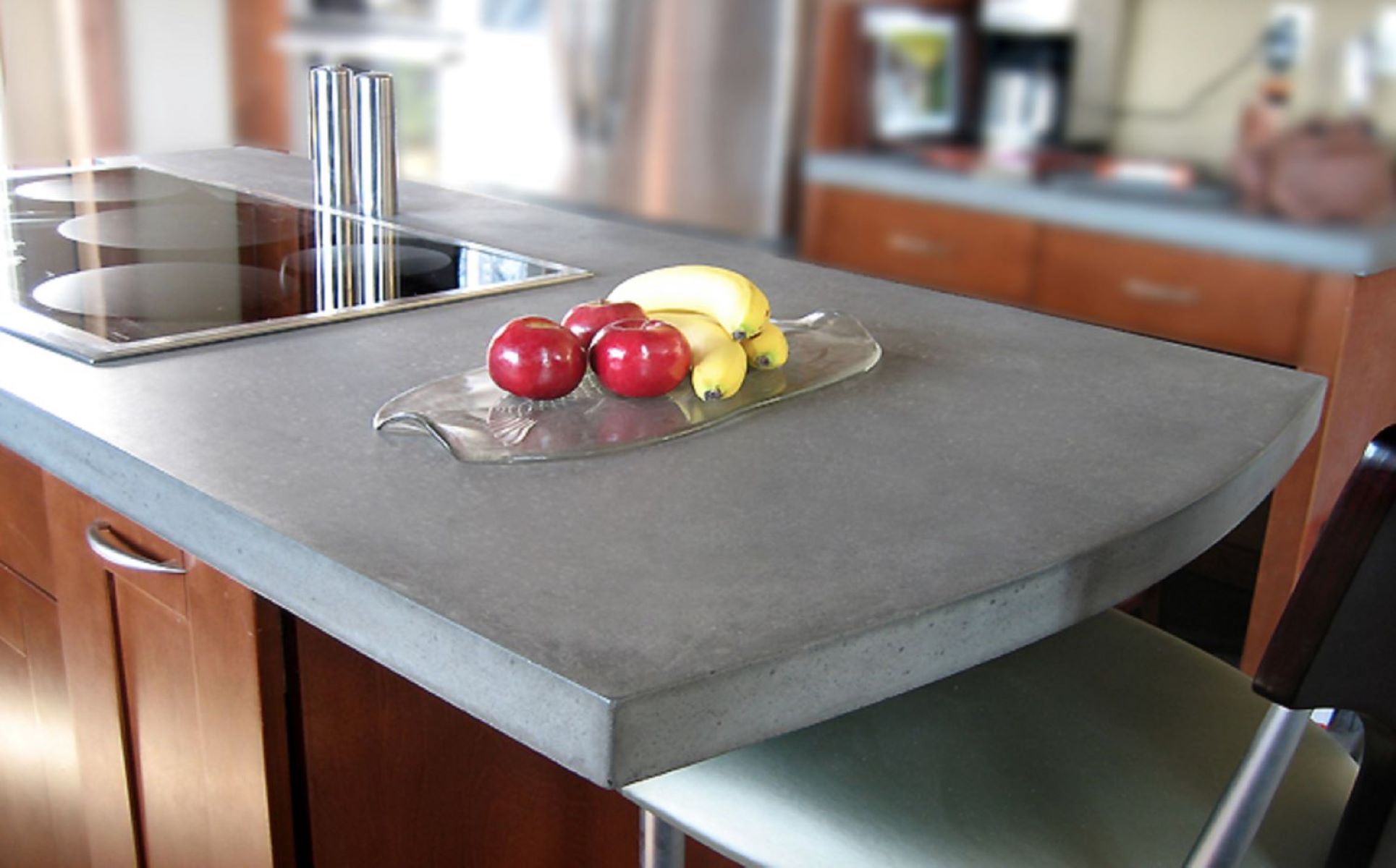

Articles
How To Clean Natural Stone Countertops
Modified: January 18, 2024
Learn effective methods for cleaning natural stone countertops in this informative article. Discover the best techniques and products to keep your surfaces looking beautiful and well-maintained.
(Many of the links in this article redirect to a specific reviewed product. Your purchase of these products through affiliate links helps to generate commission for Storables.com, at no extra cost. Learn more)
Introduction
When it comes to kitchen countertops, natural stone has become a popular choice for its beauty, elegance, and durability. Whether you have marble, granite, quartzite, or any other type of natural stone countertops, it’s crucial to properly clean and maintain them to preserve their luster and ensure their longevity.
While natural stone countertops can withstand everyday wear and tear, they are not impervious to stains, scratches, or damage caused by harsh cleaning products. Therefore, it’s essential to adopt the right cleaning techniques and use suitable products to keep them looking their best.
In this article, we will discuss the importance of cleaning natural stone countertops, provide general cleaning tips, recommend daily maintenance practices, share effective stain removal methods, and offer guidance on protecting and sealing these surfaces. We will also discuss specific care considerations for different types of natural stone countertops.
By following proper cleaning and maintenance practices, you can ensure that your natural stone countertops stay pristine, free from stains and damage, and retain their natural beauty for years to come.
Key Takeaways:
- Proper cleaning and maintenance of natural stone countertops is crucial for preserving their beauty, durability, and longevity. By following gentle cleaning techniques and incorporating daily maintenance practices, you can ensure your countertops remain in optimal condition for years to come.
- Understanding the specific care requirements for different types of natural stone countertops is essential for maintaining their pristine condition. By following tailored care and maintenance techniques, you can preserve the unique beauty and durability of your countertops, ensuring they remain stunning focal points in your kitchen.
Read more: What Are Natural Stone Countertops
Why It’s Important to Clean Natural Stone Countertops
Keeping your natural stone countertops clean is not just about maintaining their appearance – it’s also vital for their longevity and overall health. Natural stone is porous and can absorb liquids and stains if not properly maintained, leading to permanent damage. Here are a few reasons why cleaning your natural stone countertops is so important:
- Prevent Stains: Natural stone countertops can easily get stained from spilled liquids, such as coffee, wine, or oil. These stains can seep into the stone and become permanent if not cleaned promptly. Regular cleaning and proper sealing help create a barrier that prevents substances from penetrating the surface, making it easier to remove stains before they set.
- Protect Against Etching: Some natural stones, like marble, are susceptible to etching. Etching occurs when acidic substances, such as citrus juices or vinegar, come into contact with the stone’s surface, corroding it and leaving dull, rough spots. Cleaning and promptly wiping up spills can help prevent etching and keep your countertops looking smooth and polished.
- Maintain Hygiene: Kitchen countertops can harbor bacteria, especially in areas where food is prepared. Regular cleaning with mild disinfectants can help eliminate bacteria and ensure a hygienic cooking environment. Avoid using harsh chemicals or abrasive cleaners, as they can damage the stone’s surface.
- Prolong Durability: Natural stone countertops are an investment, and proper care can extend their lifespan. Regular cleaning helps remove abrasive particles that can scratch the surface, minimizing the risk of damage or wear over time. By cleaning and protecting your countertops, you can enjoy their beauty and functionality for years to come.
By understanding the importance of cleaning natural stone countertops, you can implement proper maintenance practices and protect your investment. With regular cleaning, you can preserve the beauty, durability, and hygiene of your countertops, ensuring they remain a stunning focal point in your kitchen for years to come.
General Cleaning Tips
When it comes to cleaning natural stone countertops, it’s crucial to use gentle and non-abrasive methods to avoid damaging the surface. Here are some general cleaning tips to keep in mind:
- Use Mild Cleaning Solutions: Avoid using harsh chemicals or abrasive cleaners on natural stone countertops. Opt for mild, pH-neutral cleaners specifically formulated for stone surfaces. These cleaners will effectively remove dirt and grime without causing any damage. Always check the label to ensure the cleaner is safe for your specific type of stone.
- Wipe Up Spills Immediately: Accidents happen, but when it comes to natural stone countertops, it’s essential to clean up spills promptly. Liquids, especially acidic ones, can seep into the stone and cause staining or etching. Use a soft cloth or paper towel to blot the spill gently without spreading it.
- Prevent Scratches: Although natural stone is durable, it can still be susceptible to scratches. Avoid dragging or sliding heavy objects across the countertop surface, as this can cause scratches. Use coasters or trivets under hot pots and pans to protect the stone from heat damage. Cutting boards should be used when chopping or slicing to prevent any direct contact between knives and the stone.
- Gentle Cleaning Technique: When cleaning your natural stone countertops, use a soft cloth or sponge dampened with the cleaning solution. Gently wipe the surface in a circular motion to remove dirt and residue. Avoid applying excessive pressure, as this can result in scratching or damage to the stone.
- Dry Thoroughly: After cleaning, make sure to dry the countertop surface thoroughly. Moisture left on the stone can lead to water spots or streaks. Use a clean, dry cloth to remove any remaining moisture and buff the surface to a shine.
- Avoid Harsh Cleaning Tools: Stay away from abrasive cleaning tools such as steel wool or scouring pads when cleaning natural stone countertops. These can scratch and damage the surface. Opt for soft bristle brushes or non-abrasive cleaning pads when dealing with stubborn stains.
By following these general cleaning tips, you can ensure that your natural stone countertops remain clean, free from damage, and looking their best. Regular maintenance and gentle cleaning will help preserve the beauty and longevity of the stone, allowing you to enjoy your countertops for years to come.
Daily Maintenance for Natural Stone Countertops
To keep your natural stone countertops in optimal condition, it’s important to incorporate daily maintenance practices into your routine. These simple steps will help preserve the beauty and durability of your countertops:
- Wipe Down Regularly: Daily cleaning involves wiping down your countertops with a soft, microfiber cloth or sponge. This will help remove any dust, crumbs, or spills that may have occurred throughout the day. Remember to use gentle, non-abrasive cleaners specifically designed for natural stone surfaces.
- Avoid Harsh Cleaners: Harsh or acidic cleaners can damage the surface of natural stone countertops over time. Therefore, it’s essential to avoid using household cleaners that contain vinegar, lemon juice, or other acidic ingredients. Stick to mild, pH-neutral cleaners that are safe for natural stone.
- Protect from Heat: Although natural stone is known for its heat resistance, it’s still advisable to use trivets or hot pads under hot pots, pans, or other objects to prevent direct contact with the countertop. Extreme temperature changes can potentially cause thermal shock and lead to cracks or damage.
- Avoid Using Sharp Objects: While natural stone countertops are durable, it’s best to avoid using sharp objects directly on the surface. Use cutting boards for food preparation to prevent any scratches or potential damage to the stone.
- Seal Regularly: Depending on the type of natural stone you have, it may require periodic sealing to protect the surface. Sealing creates a barrier that helps repel stains and makes cleaning easier. Consult the manufacturer’s guidelines or seek professional advice to determine the appropriate sealing frequency for your specific type of stone.
- Remove Standing Water: Water that is left to sit on the surface of natural stone countertops can potentially penetrate the pores and cause staining. Be diligent about drying up any spills or standing water promptly to prevent damage.
By incorporating these daily maintenance practices, you can ensure that your natural stone countertops stay clean, well-maintained, and able to withstand the test of time. Regular care and attention will help preserve the natural beauty and longevity of your countertops.
Removing Stains from Natural Stone Countertops
Despite all precautions, stains on natural stone countertops can still occur. The key is to address them as soon as possible to prevent them from becoming permanent. Here are some effective methods to remove common stains from natural stone countertops:
- Organic Stains: For stains caused by food, coffee, or tea, start by creating a paste of baking soda and water. Apply the paste to the stain and let it sit for a few minutes. Gently scrub the area with a soft brush or cloth, then rinse thoroughly and dry. If the stain persists, you can try using a poultice made of baking soda and water or a mild dish soap.
- Oil-Based Stains: Grease or oil stains can be challenging to remove from natural stone. Begin by blotting up any excess oil with a clean cloth. Next, create a poultice using an absorbent material like powdered chalk or talcum powder mixed with a small amount of acetone or mineral spirits. Apply the poultice to the stain and let it sit for at least 24 hours. Once the poultice has dried, gently remove it and rinse the area thoroughly with water.
- Ink Stains: Ink stains can be tough, but you can try using rubbing alcohol or a mild dish soap mixed with water to clean the affected area. Apply the solution to a cloth or sponge and gently blot the stain. Rinse with water and dry thoroughly. If the stain remains, consult a professional for further assistance.
- Rust Stains: Rust stains can be treated with a mixture of lemon juice and baking soda. Apply the paste to the stain and let it sit for a few hours. Scrub gently with a soft brush or cloth, then rinse thoroughly. Avoid using any acidic cleaners on marble countertops, as they can cause further damage.
- Etch Marks: If your natural stone countertop has developed etch marks from contact with acidic substances, such as citrus juice or vinegar, the best solution is to hire a professional stone restoration specialist. They can hone and polish the surface to remove the etching and restore the countertop’s original shine.
Remember to always test any cleaning solution or method on a small, inconspicuous area before applying it to the entire stain. Additionally, for stubborn or severe stains, it’s recommended to seek professional help to avoid causing further damage to the stone.
By taking quick action and using the appropriate cleaning methods, you can effectively remove stains from your natural stone countertops and restore their beauty.
Use a pH-neutral cleaner and a soft cloth to clean natural stone countertops. Avoid using harsh chemicals or abrasive sponges to prevent damage to the stone.
Read more: How To Clean Engineered Stone Countertops
Dealing with Stubborn Stains
Stubborn stains on natural stone countertops can be frustrating to deal with, but with the right approach, they can often be resolved. Here are some additional tips to tackle stubborn stains effectively:
- Identify the Stain: Different types of stains may require different treatment approaches. Before attempting to remove a stubborn stain, try to identify its source. This will help you choose the most suitable cleaning method and avoid causing further damage.
- Use a Poultice: A poultice is a paste-like substance that helps draw out stains from the porous surface of natural stone. You can create a poultice by mixing a specific cleaning agent, such as hydrogen peroxide or an appropriate stone-safe cleaner, with a fine powder, like flour or diatomaceous earth. Apply the poultice to the stain, covering it completely, and let it sit for several hours or overnight. Gently remove the poultice, rinse the area, and dry thoroughly.
- Be Patient: Stubborn stains often require multiple attempts and may take some time to lift completely. Avoid scrubbing aggressively, as this can damage the stone. Instead, apply the cleaning solution or poultice, cover the stain, and let it work its magic. Repeat the process as necessary, allowing each treatment time to penetrate and break up the stain.
- Consult a Professional: If your efforts to remove a stubborn stain have been unsuccessful or if you’re unsure about the best approach, it’s wise to seek professional help. Stone restoration specialists have the knowledge and experience to assess the stain and use specialized techniques that can effectively remove even the most stubborn blemishes without causing harm to the stone.
- Prevention is Key: While dealing with stubborn stains can be a hassle, prevention is always the best approach. Wipe up spills immediately, use cutting boards and coasters, and ensure your countertops are properly sealed. Regular maintenance and immediate action can minimize the chances of stubborn stains developing in the first place.
Remember, not all stains can be removed completely, especially if they have been left untreated for an extended period. However, with patience and the appropriate methods, you can significantly improve the appearance of stubborn stains on your natural stone countertops.
If you’re unsure about how to proceed or if the stain persists, it’s recommended to consult a professional stone restoration specialist for tailored advice and assistance.
Protecting and Sealing Natural Stone Countertops
Protecting and sealing your natural stone countertops is an essential step in maintaining their beauty and ensuring their longevity. Proper sealing creates a barrier that helps repel stains and moisture, making it easier to clean and maintain the surface. Here are some tips for protecting and sealing your natural stone countertops:
- Know Your Stone: Different types of natural stone have varying levels of porosity and susceptibility to staining. Understanding the specific characteristics of your stone will help you determine the appropriate sealing schedule. Some stones may require sealing every 6 months, while others may only need it once a year. Refer to the manufacturer’s recommendations or consult a professional to understand the sealing requirements of your particular stone.
- Clean and Prepare: Before applying a sealer, it’s crucial to clean your countertops thoroughly to remove any dirt, grime, or residual cleaning products. Use a gentle stone cleaner and a soft cloth or sponge. Allow the surface to dry completely before proceeding with the sealing process.
- Choose a High-Quality Sealer: Selecting the right sealer is essential for effective protection. Look for a high-quality sealer specifically formulated for natural stone countertops. There are different types of sealers available, such as penetrating sealers or topical sealers, each with its own advantages. Follow the manufacturer’s instructions carefully when applying the sealer.
- Apply the Sealer: Start by pouring a small amount of sealer onto the countertop surface. Use a clean, lint-free cloth or applicator brush to evenly distribute the sealer over the entire area. Work in small sections, and ensure the sealer is absorbed into the stone. Allow the sealer to penetrate for the recommended time, then wipe off any excess. Avoid using excessive force or leaving any residue on the surface.
- Monitor and Reapply: Keep track of how your sealed countertops perform over time. Regularly inspect the surface for signs of staining or absorption. If you notice that liquids are no longer beading up on the surface, it may be time to reapply the sealer. Follow the recommended sealing schedule for your specific stone type, but keep in mind that high-traffic areas or areas prone to spills may require more frequent sealing.
- Take Preventive Measures: Sealing alone is not a foolproof solution. To further protect your natural stone countertops, use cutting boards, coasters, and trivets to prevent direct contact with hot pans or abrasive materials. Promptly clean up spills, especially those containing acidic or staining agents that can penetrate the stone’s surface. These preventive measures will help maintain the integrity and appearance of your countertops.
By diligently protecting and sealing your natural stone countertops, you can ensure their long-lasting beauty and durability. Regular maintenance, including proper cleaning and sealing, will enhance their resistance to stains and keep them looking stunning for years to come.
Special Care for Specific Types of Natural Stone Countertops
While the general cleaning and maintenance tips apply to most natural stone countertops, specific types of stone may require additional care due to their unique characteristics. Here are some special care considerations for specific types of natural stone:
- Marble: Marble is a beautiful and luxurious stone that requires extra care. Avoid using acidic or abrasive cleaners, as they can etch or damage the surface. Wipe up spills promptly to prevent staining, especially from acidic substances like citrus juices or wine. Consider using a marble-specific sealer and follow the manufacturer’s guidelines for sealing frequency.
- Granite: Granite is a popular choice for countertops due to its durability. While it is generally stain-resistant, it’s still important to clean up spills promptly. Avoid using acidic or abrasive cleaners that can damage the surface. Apply a granite-specific sealer to enhance its stain resistance and protect against bacteria growth.
- Quartzite: Quartzite is an extremely durable and heat-resistant natural stone. It is generally less porous than other types of natural stone, making it more resistant to staining. However, it still requires regular cleaning and proper maintenance. Use a gentle cleanser and avoid abrasive or acidic cleaners that can damage the surface. Consider applying a quartzite-specific sealer to enhance its natural beauty and provide an additional layer of protection.
- Soapstone: Soapstone is known for its unique and rustic appearance. It is a non-porous stone and relatively low-maintenance. Clean soapstone countertops with a mild soap or specialized stone cleaner. Mineral oil can be applied periodically to enhance the richness of its color and protect its surface.
- Limestone: Limestone is a softer and more porous stone. It is particularly susceptible to scratches and staining. Avoid using acidic or abrasive cleaners that can damage the surface. Clean limestone countertops with a pH-neutral stone cleaner and blot up spills immediately to prevent staining. Regularly apply a limestone-specific sealer to protect against stains and moisture absorption.
- Travertine: Travertine is a porous stone with unique natural pits and divots. It requires delicate care to maintain its beauty. Avoid using acidic or abrasive cleaners that can etch or damage the surface. Clean travertine countertops with a pH-neutral stone cleaner and immediately wipe up spills to prevent staining. Apply a travertine-specific sealer to protect against moisture absorption and staining.
It’s important to consult the manufacturer’s guidelines or seek professional advice to understand the specific care recommendations for your type of natural stone. By following the proper care and maintenance techniques for your specific stone, you can ensure your countertops remain beautiful and pristine for years to come.
Conclusion
Properly cleaning and maintaining your natural stone countertops is essential for preserving their beauty, durability, and longevity. By following the right techniques and implementing regular maintenance practices, you can ensure that your countertops remain in pristine condition for years to come.
Start by understanding the importance of cleaning natural stone countertops. Regular cleaning helps prevent stains, protects against etching and damage, maintains hygiene, and prolongs the durability of the stone. By addressing spills promptly and using gentle cleaning solutions, you can prevent potential damage and keep your countertops looking their best.
Incorporating daily maintenance practices into your routine is also crucial. Wiping down your countertops regularly, avoiding harsh cleaners, protecting them from heat and sharp objects, and sealing them appropriately will help preserve their beauty and prevent damage. By adopting these habits, you can ensure that your countertops remain in optimal condition.
However, if stains do occur, it’s important to address them promptly and appropriately. Understanding the type of stain and using the right cleaning method, such as poultices or specialized cleaners, can effectively remove stubborn stains. Consulting professionals for assistance or in the case of severe stains is also recommended to avoid causing further damage to the surface.
Lastly, consider the special care required for specific types of natural stone countertops. Each type of stone has unique characteristics and may require tailored care and maintenance. Understanding the specific requirements for your stone will help you maintain its beauty and prevent potential issues.
In conclusion, by following the guidelines outlined in this article, you can ensure that your natural stone countertops remain clean, protected, and stunning for years to come. Taking the time to care for your countertops will not only enhance their appearance but also ensure their durability, allowing you to enjoy a beautiful and functional kitchen space.
Frequently Asked Questions about How To Clean Natural Stone Countertops
Was this page helpful?
At Storables.com, we guarantee accurate and reliable information. Our content, validated by Expert Board Contributors, is crafted following stringent Editorial Policies. We're committed to providing you with well-researched, expert-backed insights for all your informational needs.



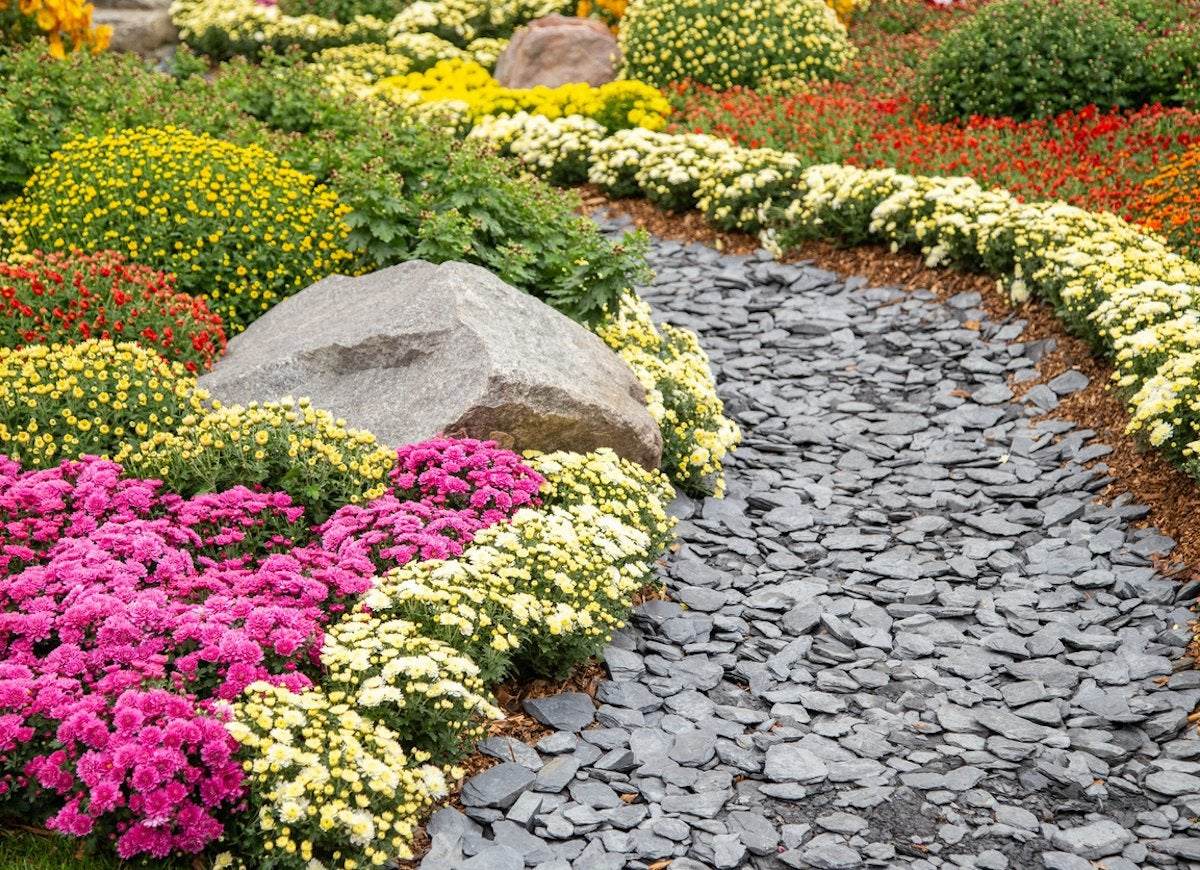


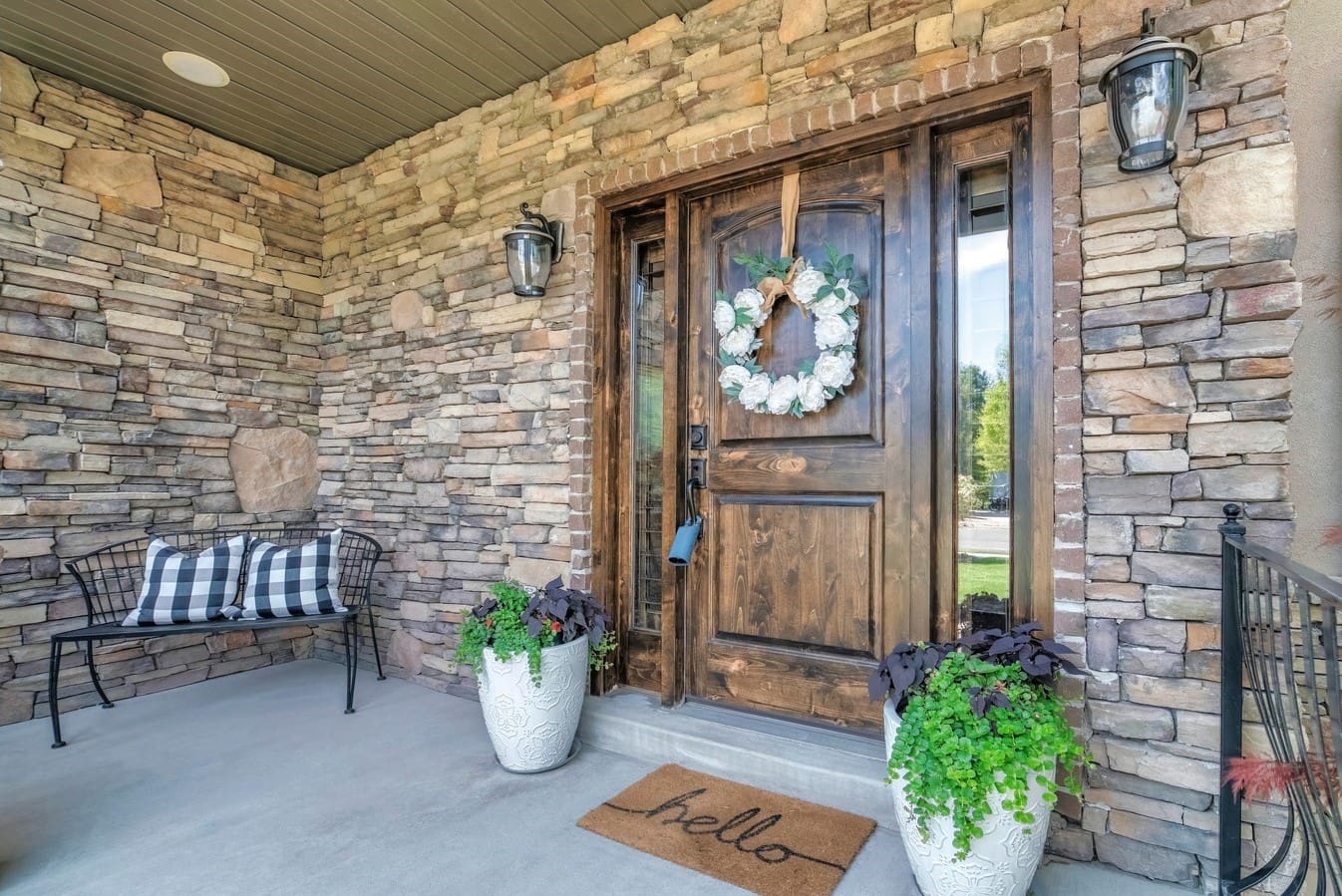
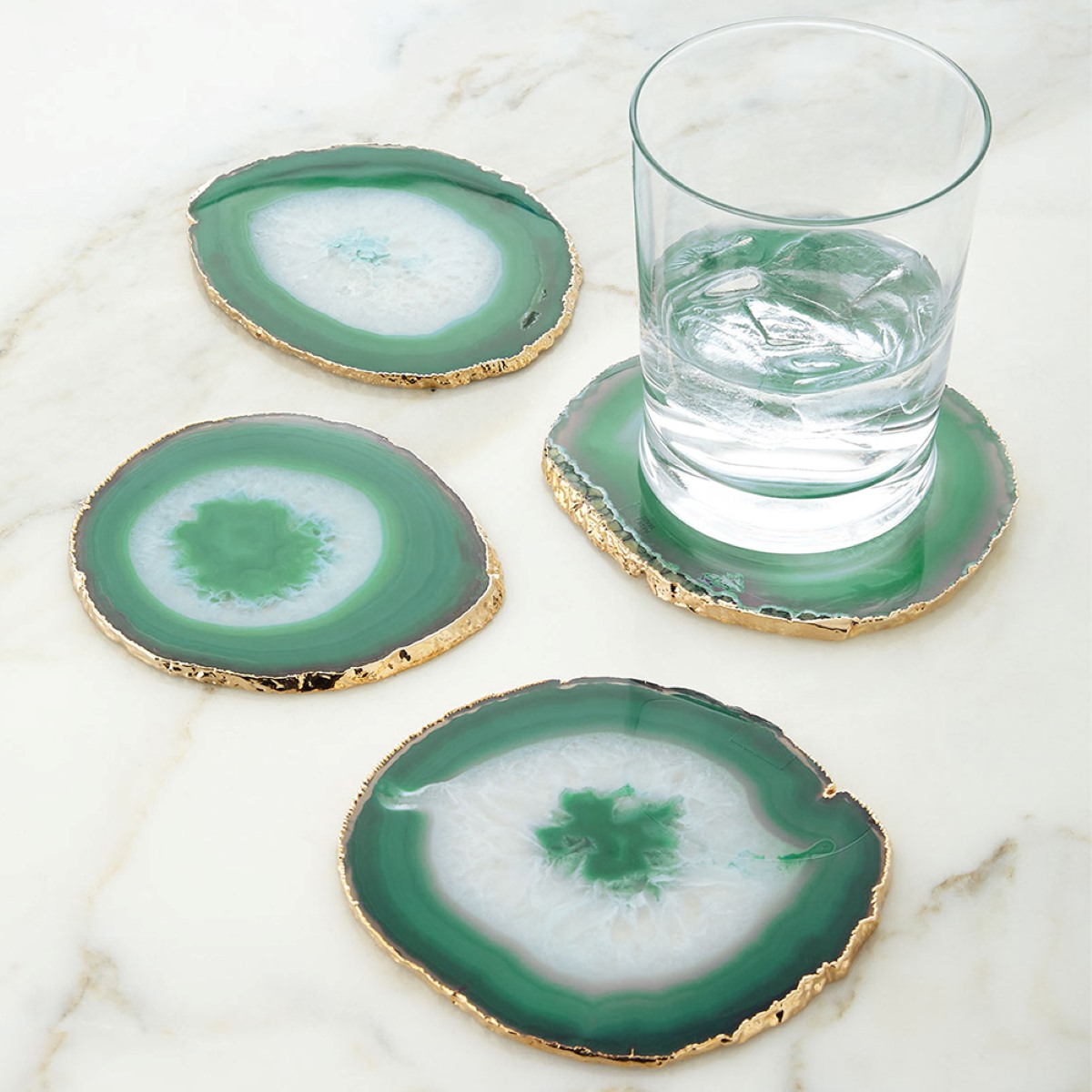
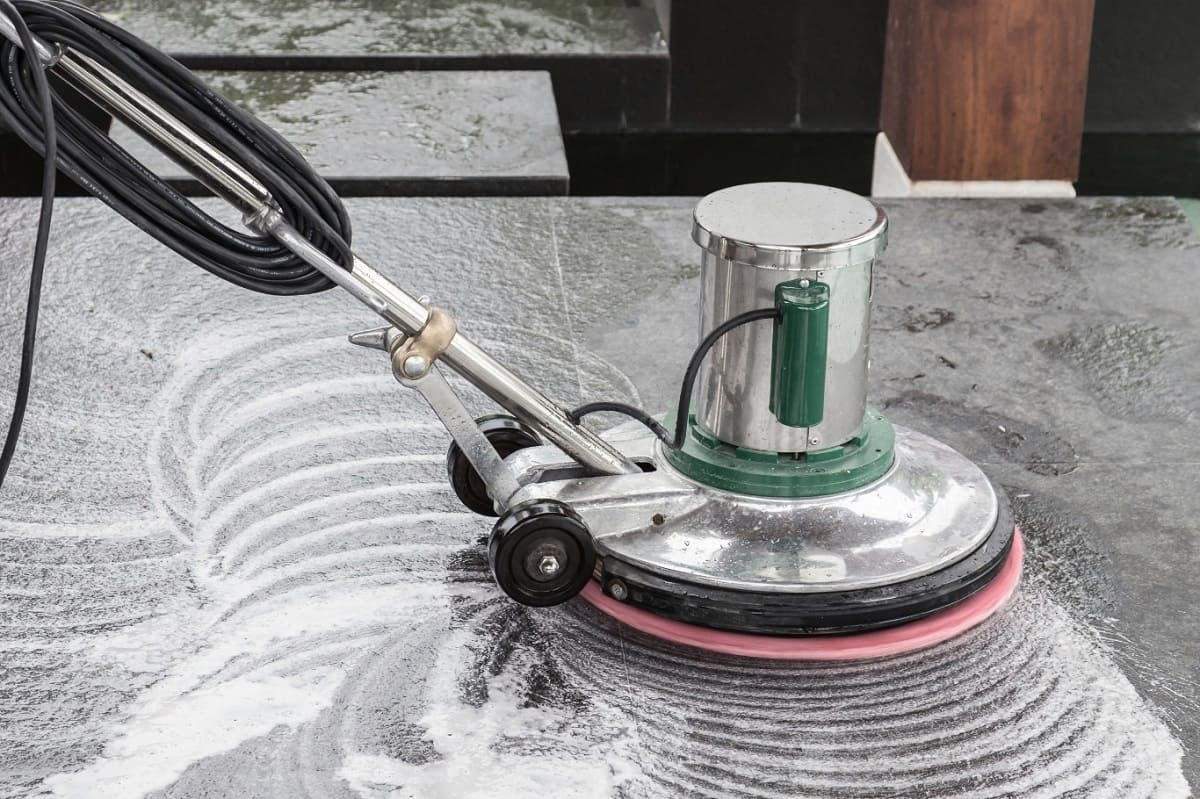
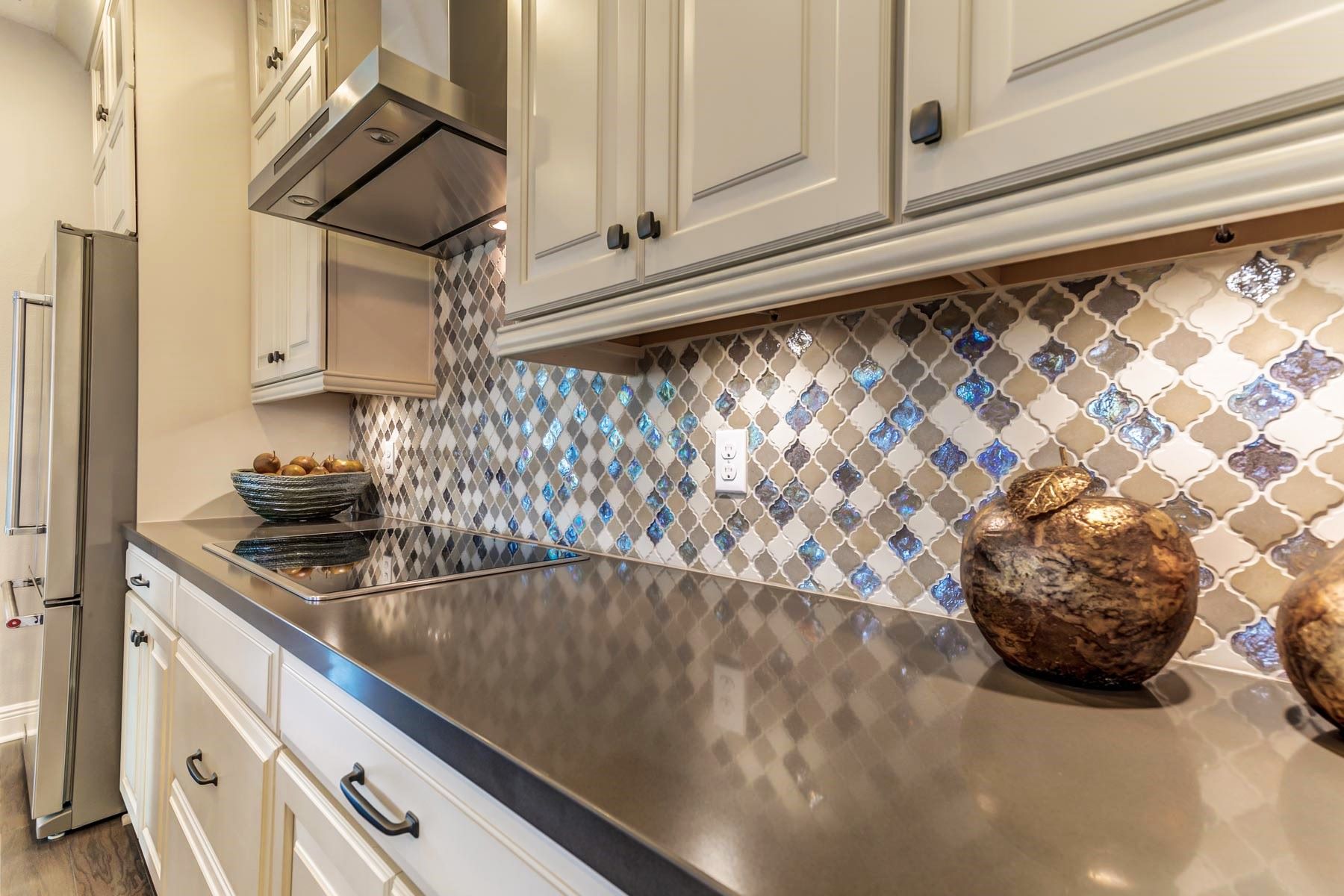
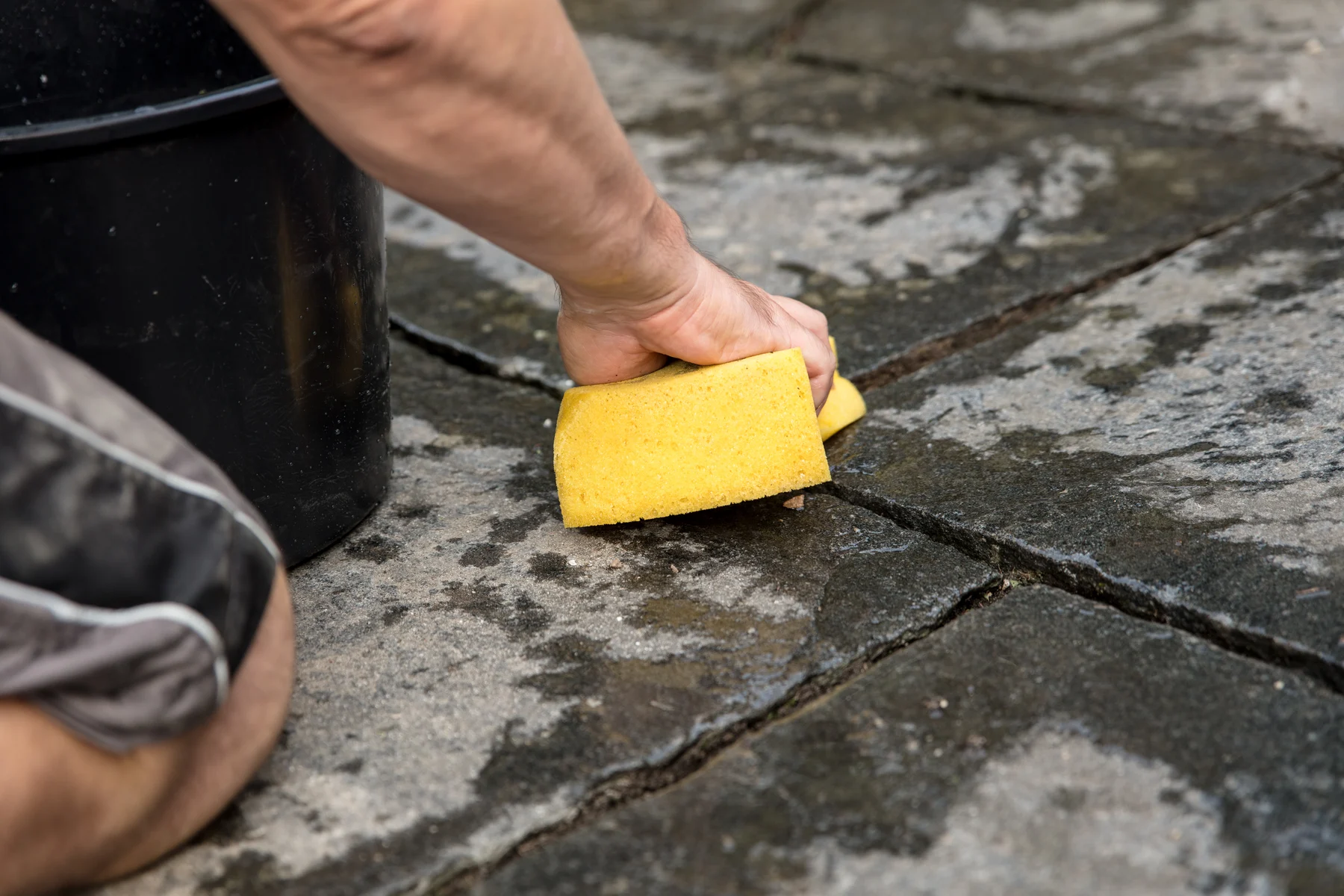
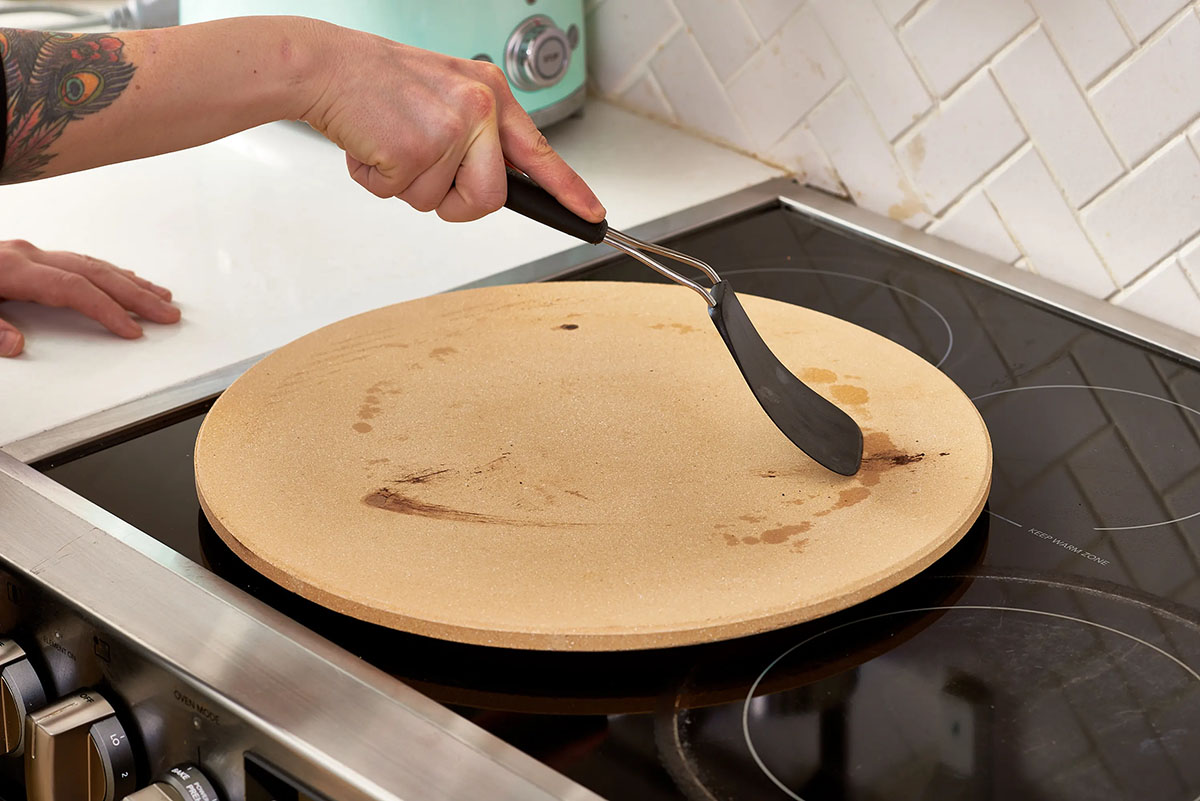
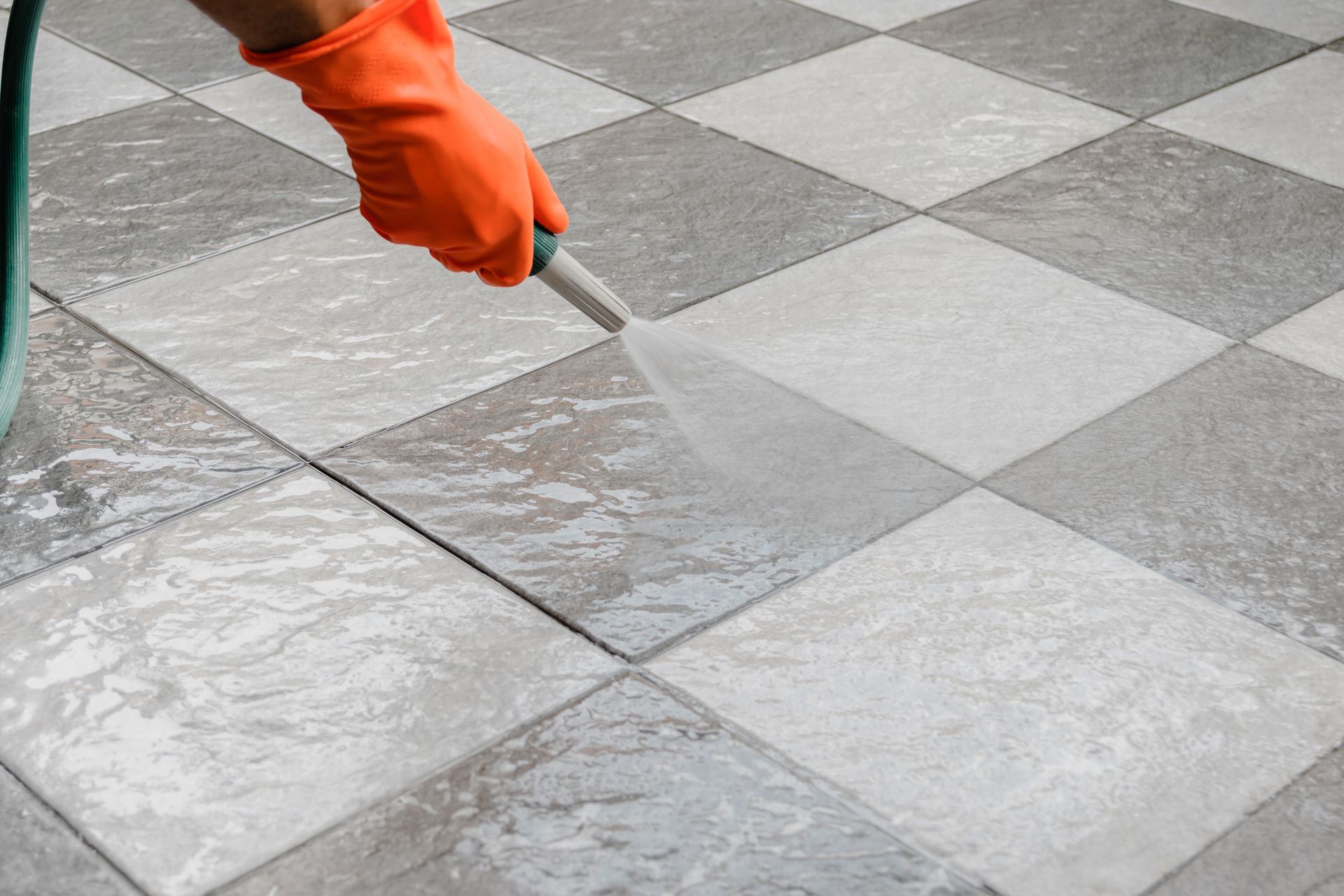


0 thoughts on “How To Clean Natural Stone Countertops”